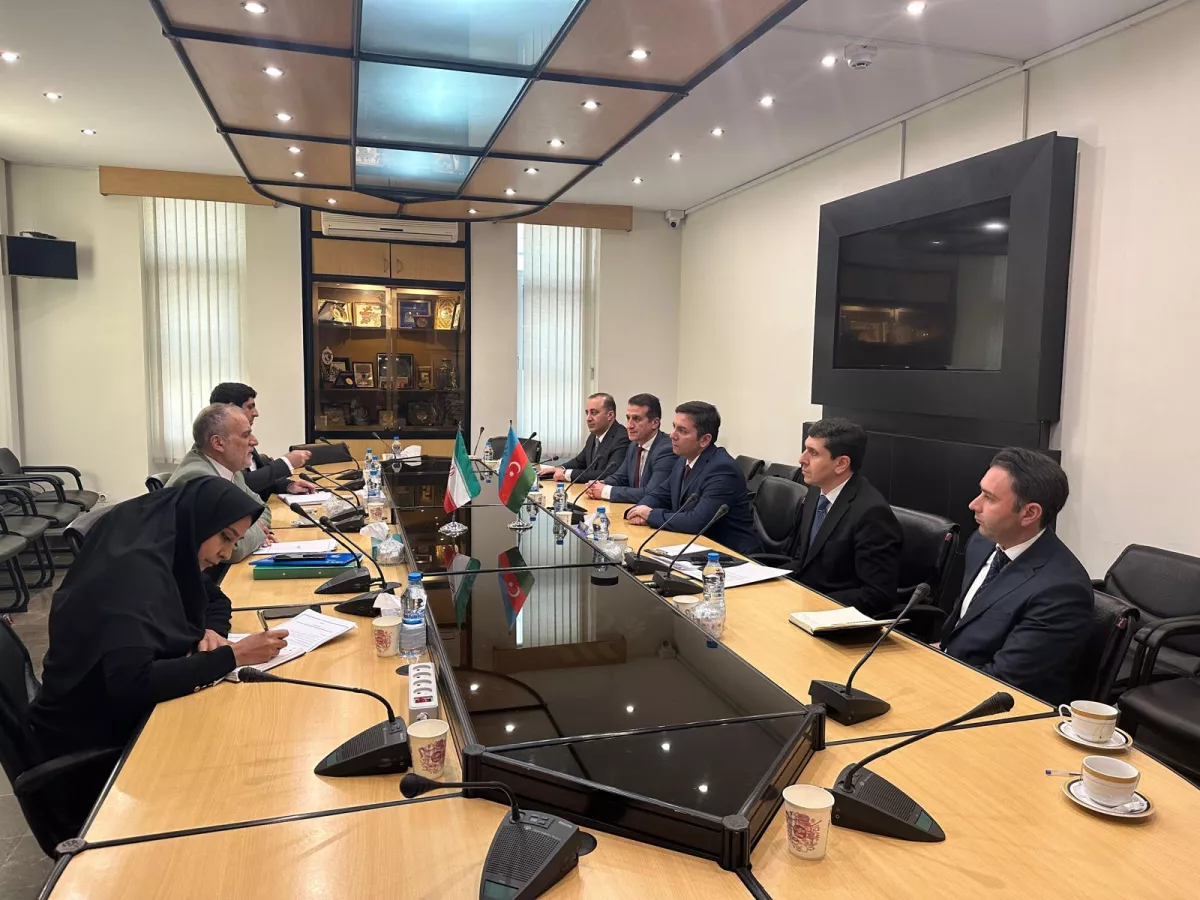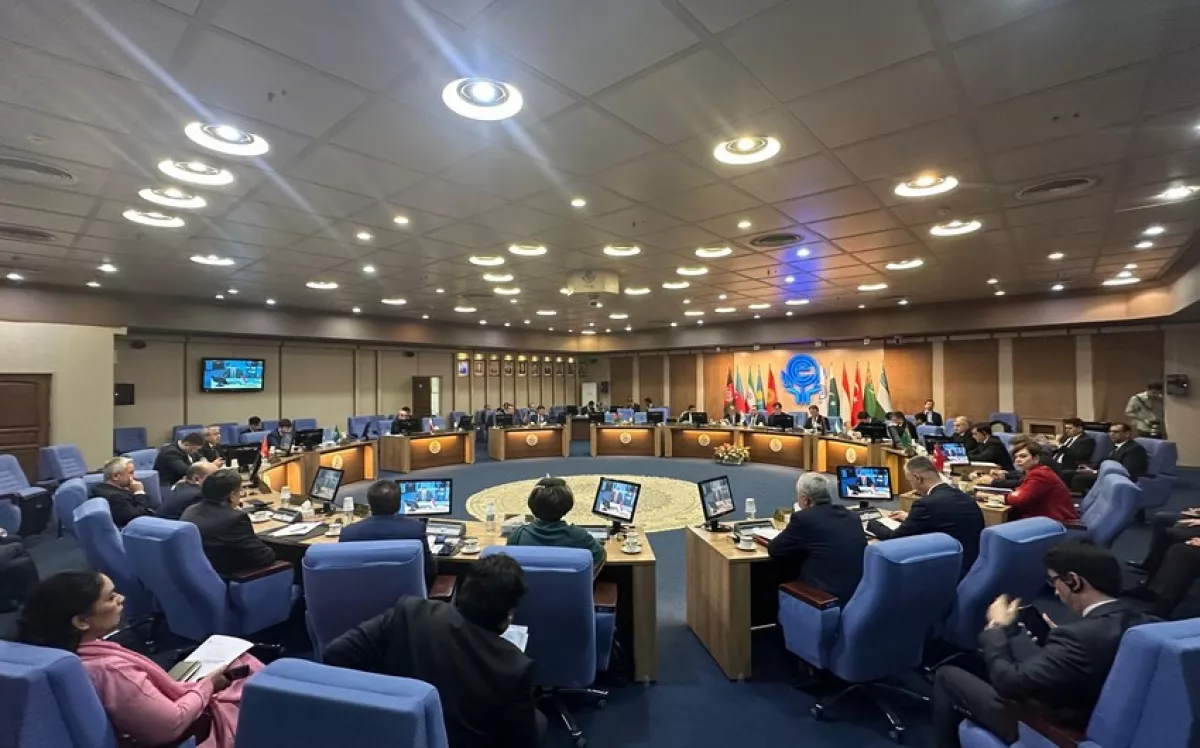Azerbaijan advocates for institutional efficiency at ECO reform meeting in Iran PHOTO
Azerbaijan’s Deputy Minister of Foreign Affairs, Yalchin Rafiyev, visited Iran to participate in the inaugural meeting of the High-Level Committee on Reforms of the Economic Cooperation Organization (ECO).
The primary objective of the meeting was to enhance the institutional efficiency of ECO, discuss key reforms, and outline the organization’s future activities, Caliber.Az reports citing the Azerbaijani Foreign Ministry.
The High-Level Committee will play a crucial role in shaping ECO’s strategic roadmap for the next decade. The proposed strategy will be reviewed at the 17th ECO Summit, set to take place in Baku in 2025.
During his address at the meeting, Rafiyev highlighted Azerbaijan’s stance on the necessary reforms within ECO and the prospects for regional cooperation. He expressed confidence that the "ECO Vision 2035" document would provide momentum for addressing regional challenges and strengthening multilateral collaboration.
As part of his visit, Rafiyev held consultations on multilateral cooperation with ECO Secretary-General Asad M. Khan, Iran’s Deputy Foreign Minister Seyed Rasoul Mohajer—representing the host country—and other officials from ECO member states.
The Economic Cooperation Organization (ECO) is a regional intergovernmental body committed to fostering economic, technical, and cultural collaboration among its member states. Originally established as the Regional Cooperation for Development (RCD) in 1964 by Iran, Pakistan, and Türkiye, the organization was rebranded as ECO in 1985, expanding its mission and membership.
Today, ECO encompasses a diverse region spanning over 8 million square kilometres and home to more than 460 million people. Its geographic footprint bridges multiple strategic corridors, linking North to South, East to West, Asia to Europe, and Eurasia to the Arab world. The organization includes countries from the Caucasus, as well as South, West, and Central Asia, making it one of the oldest and most significant regional economic groupings.
ECO’s core objective is to create favourable conditions for sustainable economic development, aiming to enhance trade, investment, and regional integration. By strengthening economic ties among its members, ECO seeks to promote collective prosperity, stability, and cooperation in a rapidly evolving global landscape.
By Vugar Khalilov










